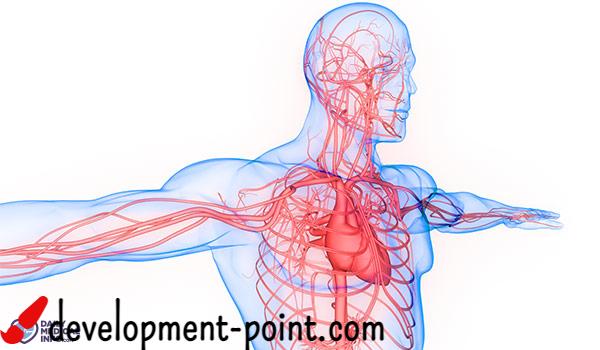The Bladder: Its Functions, Diseases, and 15 Tips to Maintain It
The urinary bladder is one of the organs of the male and female urinary system. It is a muscular sac in the pelvis that controls urination by storing urine. In the next article, we will talk about where the bladder is located, and what is its normal size and function?
What is the bladder?
Like the stomach, the bladder is an expandable sac-like organ that contracts when empty and is about the size and shape of a pear.
The bladder is located in the pelvic region above and behind the pubic bone, and it is called in English (Bladder), and the bladder is lined with layers of muscle tissue that helps to reserve urine coming from the kidneys through two tubes called the ureters.
During urination, the two valves open to allow urine to flow out of the bladder and into the urethra, which carries urine out of the body. Since urine passes through the penis in men; The urethra in men is longer (about 8 inches) than in women (about 1.5 inches).
bladder function
The bladder plays two main roles:
- Urine temporary storageThe bladder is a hollow organ that has a folded inner lining that expands, which allows it to hold up to 400 to 600 ml of urine in a healthy adult.
- Helps expel urineThe muscles of the bladder contract during urination, with the sphincter muscles relaxing, and this helps to get rid of urine.
Bladder diseases
Some conditions of the bladder include:
- Cystitis.
- Bladder stones, some may also call them urinary stones.
- Bladder cancer, and this disease is more prevalent in men than women.
- Urinary incontinence, which is the inability to control urination.
- Overactive bladder: This disease may lead to frequent urination and weak bladder muscles.
- Hematuria, some may also call it hematuria.
- Urinary retention, in which case urine does not come out of the bladder normally due to a blockage or
- Bladder muscle inactivity, which is more common in men than in women.
- Bladder prolapse.
- Bed-wetting, and some may call it nocturnal enuresis as well.
- Dysuria, also called painful urination; This is to feel pain or discomfort during urination due to an infection, irritation or inflammation of the bladder.
15 tips for maintaining a healthy bladder
- Try to urinate at least once every 3 to 4 hoursIn addition to urinating when needed, holding urine in the bladder for a long time may weaken the bladder muscles and increase the likelihood of developing cystitis.
- Be in a comfortable position while urinating (It is best to sit on the toilet seat). Relaxing the muscles around the bladder will facilitate emptying.
- Take enough time to empty your bladder completely When you urinate, rushing when urinating may not allow you to empty your bladder completely, and if the urine stays in the bladder for too long, it can increase the possibility of developing cystitis.
- The sensitive area should be wiped well from front to back after using the toilet; To prevent the entry of gut bacteria into the urethra.
- It is preferable to urinate after sexSexual activity may transfer bacteria from the bowel or vaginal cavity to the urethral opening.
- Doing pelvic floor muscle exercises (Kegel exercises)which helps to hold urine in the bladder, in addition to strengthening the muscles of the bladder as well.
- Wear cotton underwear and loose-fitting clothingThis helps keep the area around the urethra dry and reduces the risk of bacterial growth.
- exercise regularly, Physical activity may help prevent bladder problems as well as constipation.
- maintain a healthy weight, People who are overweight may be more likely to leak urine.
- change the diet for the better, Carbonated drinks, spicy foods, citrus fruits, and foods containing tomatoes can cause bladder problems.
- Drink enough fluids, especially water. More than half of the human body is made up of water, so it is important to drink enough fluids.
- Reduce caffeine intake and avoid alcoholAlcohol and caffeinated beverages (such as coffee and tea) may cause bladder discomfort.
- avoid constipation, Having too much stool accumulated in the colon can put pressure on the bladder and prevent it from expanding as it should to store urine.
- stop smokingSmoking may increase the risk of bladder cancer.
- Know what medications you’re taking And discuss their side effects with the doctor, as some medications may lead to relaxation of the bladder and weak nerves, which leads to urine leakage from it.
Frequently Asked Questions
Where is the bladder located in relation to the uterus?
In women, the bladder is located below the uterus and in front of the vagina.
When is the bladder full?
The fullness of the bladder depends on the amount of fluid and water that has been consumed by the body, and it is preferable to empty the bladder every 3 to 4 hours.
How much urine is left in the bladder?
The normal volume of the bladder is 400 to 600 ml, and it is not preferable to have residual urine in it so that urinary tract infections do not occur.
advertisement

